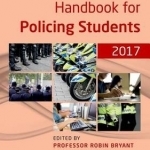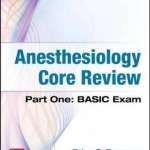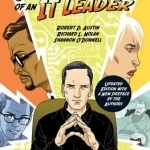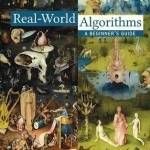
Blackstone's Handbook for Policing Students: 2017
Paul Gilbert, Sofia Graca, Kevin Lawton-Barrett and Trish McCormack
Book
Blackstone's Handbook for Policing Students 2017 reflects the multitude of avenues into policing now...

Anesthesiology Core Review
Brian Freeman and Jeffrey Berger
Book
A rigorous, high-yield review for the new ABA Part 1: BASIC Examination The year 2014 marks the...

Italian Gardens
Book
Originally published in 1961 as a complementary study to Geoffrey Jellicoe's architectural work,...

Plants: From Roots to Riches
Book
Tie-in to the landmark 25-part BBC Radio 4 series with Kew Gardens. Our peculiarly British obsession...

Canoe Paddles: A Complete Guide to Making Your Own
Graham Warren and David Gidmark
Book
Despite the growing interest in making paddles and canoes, it is difficult to find reliable...

The Adventures of an IT Leader
Robert D Austin, Shannon O'Donnell and Richard L Nolan
Book
What does it take to lead and manage your company's tech? Becoming an effective IT leader and...

Real-World Algorithms: A Beginner's Guide
Book
Algorithms are what we do in order not to have to do something. Algorithms consist of instructions...

Negotiating Learning and Identity in Higher Education: Access, Persistence and Retention
Book
While access to higher education has increased globally, student retention has become a major...
Honey in Traditional and Modern Medicine
Book
The use of honey can be traced back to the Stone Age. Evidence can be found for its nutritional and...

Practical Household Uses of Bicarbonate of Soda: Home Cures, Recipes, Everyday Hints and Tips
Book
Home cures, recipes, everyday hints and tips. It is a celebration of one of nature's most powerful...
